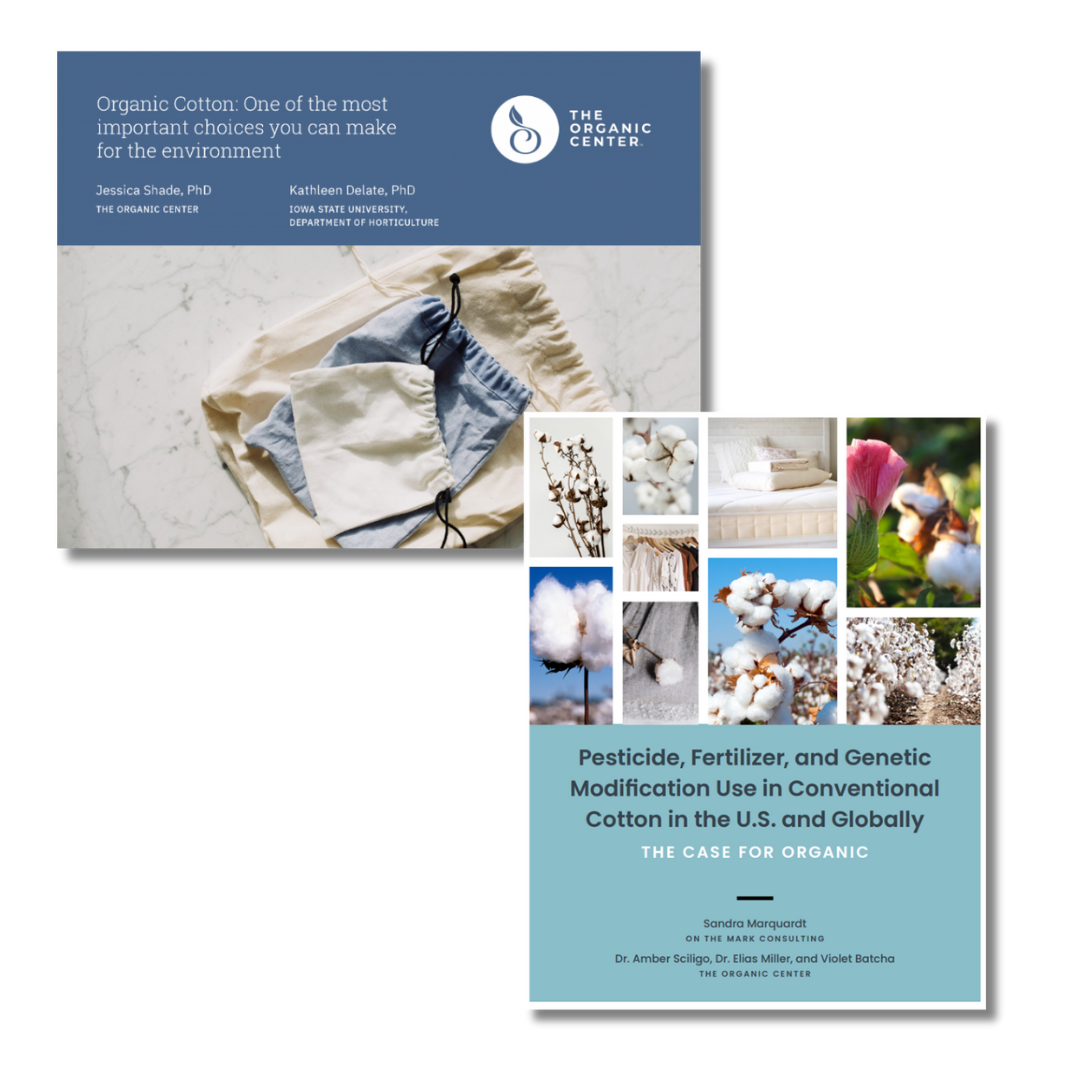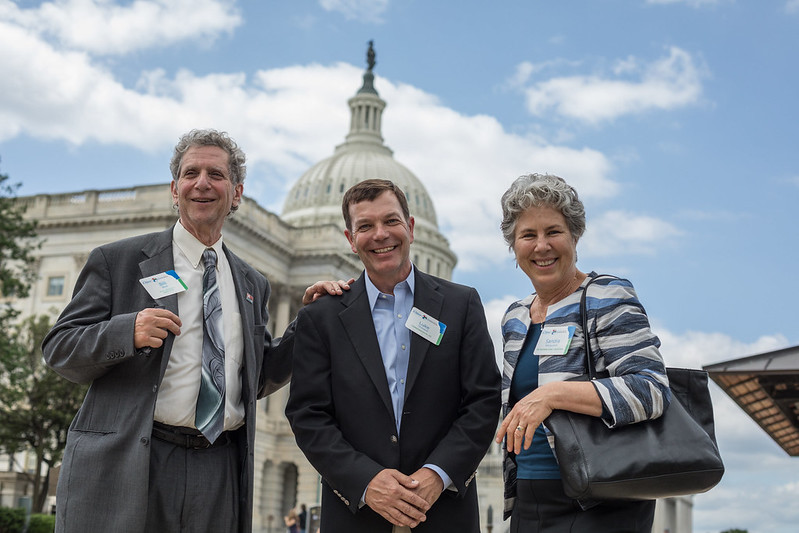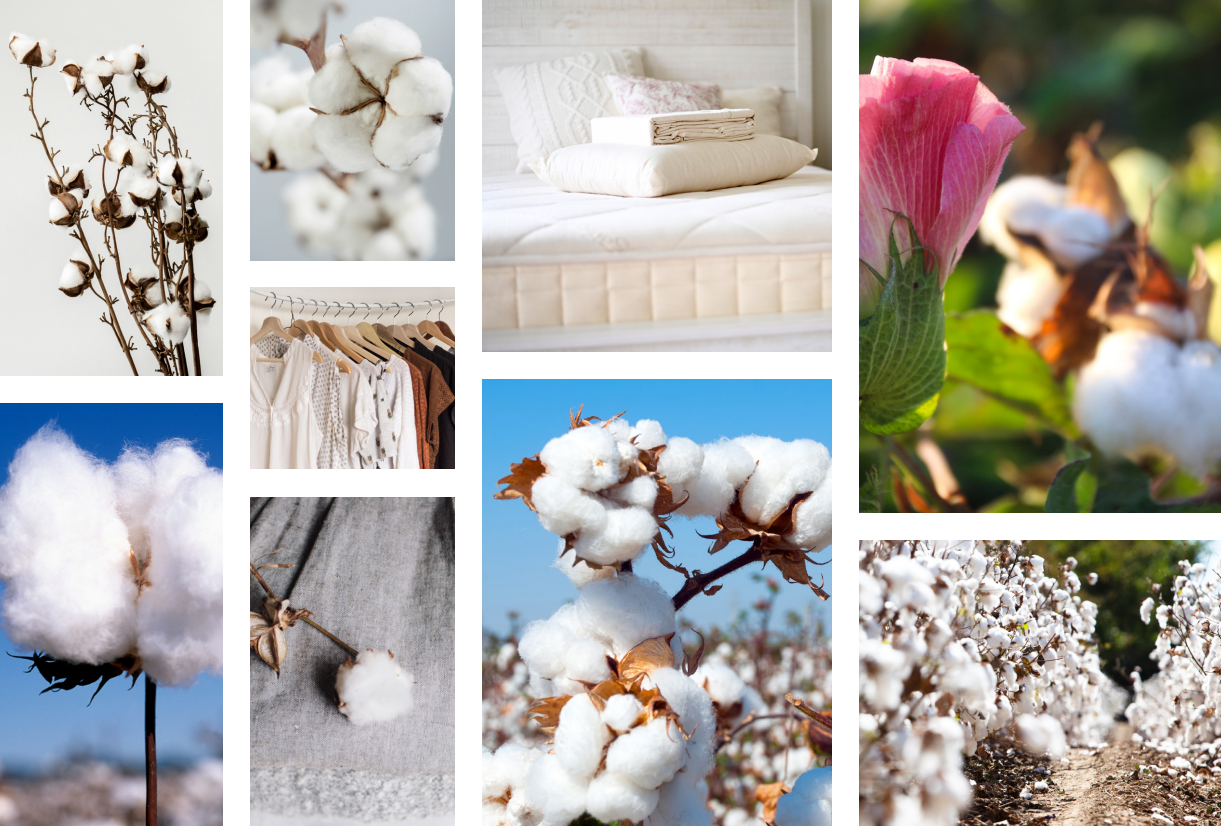Spotlight on Member Councils: Leading the Organic Movement from the Inside Out
At the Organic Trade Association (OTA), our strength lies in the collective expertise of our members. Through OTA’s Member Councils, industry leaders from across the supply chain unite to shape the future of organic—collaborating on shared challenges, advancing best practices, and elevating the voice of organic in policy, research, and the marketplace.
This article launches a new series spotlighting the dynamic work of OTA’s Sector Councils, beginning with one of our most active and longstanding groups: the Fiber Council. From developing foundational standards to championing education and market growth, the Fiber Council has played a pivotal role in expanding the impact of organic textiles.
Read on to explore how this dedicated group is advancing organic fiber, connecting food and textile systems, and driving meaningful change across the industry.

When it comes to the word “fiber,” most people think of “Grape Nuts” or the like, but the OTA Fiber Council’s focus is on fiber such as cotton, flax, hemp, and wool! These fibers are used for umpteen uses during each of our days, whether for clothes, bedding and pj’s, blankets, personal care products, mattresses, and so much more.
However, there is a strong interconnection between food and fiber – think cotton and cotton seed used for dairy feed or cottonseed oil in food! Or hemp or flax fiber and nutraceuticals such as hemp or flax seed, or oil. Then, wool, of course – wool fiber and lamb chops!
Thus, it’s important for the food and fiber sector to work together toward common goals whenever possible.
By way of background, the 40-member Fiber Council is the organization’s oldest council. Originally formed in the 1990s, the Fiber Council aims to advance the promotion and protection of the organic brand and grow the organic fiber sector overall. The council includes representatives from companies across the supply chain, from farmers to manufacturers, certifiers, researchers, retailers, and more.

Over the years, the Fiber Council has focused on policy, research, and promotion. In the 1990s, the Council spearheaded the drafting of the North American Organic Fiber and Textile Standard, which helped form the basis for what is now the Global Organic Textile Standard or “GOTS.” This standard not only requires a minimum of 70% organic content but also includes stringent processing input and labor standards.
Since then, members have remained deeply engaged in policy, participating in every OTA Organic Week and working with USDA and OTA staff to clarify the 2011 Labeling of Textiles That Contain Organic Ingredients policy memo. Working with the OTA Board, the Fiber Council helped develop Best Labeling Practices for Textiles, and both the current chair and secretary of the council serve on GOTS committees—helping ensure the standard evolves with the times.

We’ve also tackled research, with council members funding key studies undertaken in conjunction with The Organic Center into the benefits of organic cotton production as well as concerns around the use of synthetic pesticides and fertilizers in conventional cotton production. Both studies are the only ones of their kind. We also constantly update fact sheets about organic cotton, hemp, and wool, as well as product labeling, developing our own “Quick Resources” page to provide easy access to all our documents.
Research has also focused on trying to get the best market data for OTA’s annual Organic Market Report. Because organic fiber data is not as readily available from the private sources OTA often uses for food and personal care, our diligent efforts have helped fill that gap. Our latest estimates show that sales of organic textile products in the U.S. grew 7.4% over 2023, reaching $2.5 billion in 2024. See our OTA Organic Cotton Fact Sheet.
Among non-food categories (which include personal care products, supplements, and pet food), organic textiles—led by organic cotton products—remain the largest and fastest-growing segment of the U.S. organic industry and ranked seventh among the top 10 food and non-food categories.

We are leaders when it comes to education and promotion. We’ve hosted packed trainings about GOTS in New York City; fashion shows as part of OTA’s former All Things Organic conferences; booths at Textile Exchange conferences in Vancouver, Canada, and Pasadena, California; a “pop-up” in Mid-Town Manhattan, and a hugely popular webinar co-hosted with Textile Exchange and GOTS.
Currently, we are participating in two projects in conjunction with companies from across the OTA membership. Our Secretary is part of the Marketing and Communications Council and OTA’s USDA-funded Organic Market Development Grant project that aims to expand consumer education and purchases of organic fiber, grains, and dairy products, with a program to launch this fall!

But none of this could happen without our regular quarterly council meetings that provide opportunities for planning, networking, learning, and sharing. Most recently, we’ve included discussions about the impacts of new tariffs on business and more.
Everyone in the OTA membership with a complementary business is welcome to join the Fiber Council at no additional cost, and given the interrelationship of food and fiber, that’s a lot of you! Please contact OTA's Member Engagement Manager, Danielle Cote to get involved.
